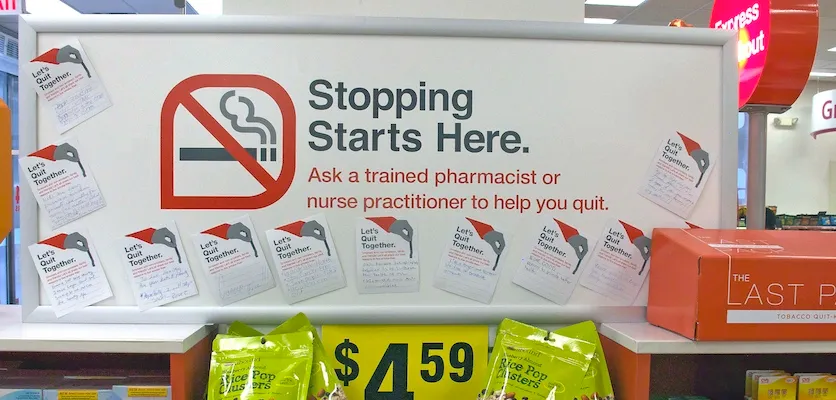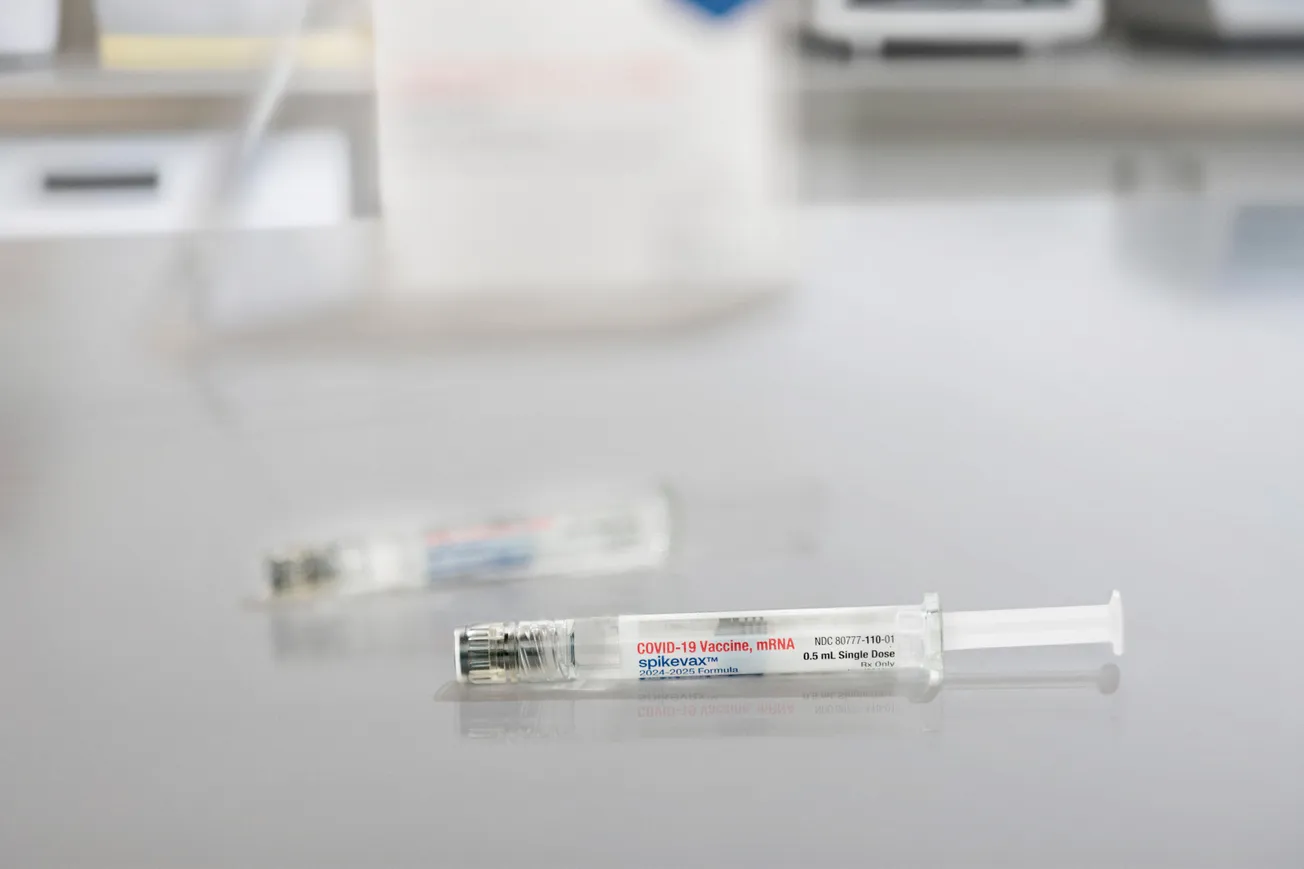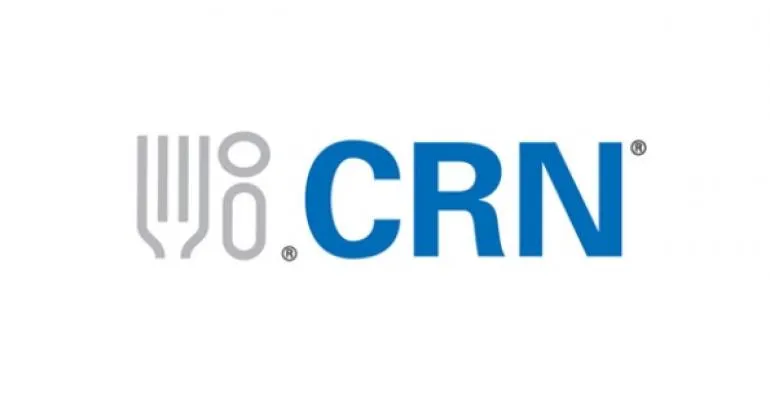WOONSOCKET, R.I. — Building on the removal of tobacco products from all of its drug stores, CVS Health has launched a major effort to stop people from smoking before they start.
CVS on Thursday unveiled “Be The First,” a five-year, $50 million anti-smoking campaign targeting youth, with a goal of creating the nation’s first tobacco-free generation.
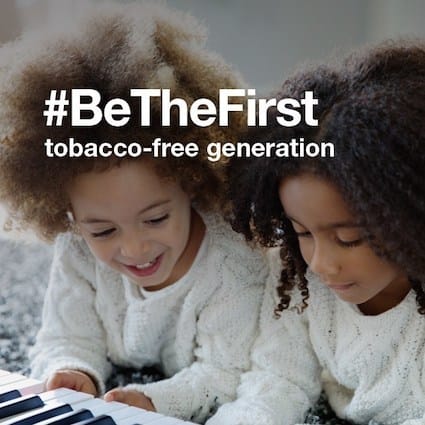
The #BeTheFirst social campaign lets youth express their goal to be the first tobacco-free generation.
Funded through CVS Health and the CVS Health Foundation, the initiative includes education, advocacy, tobacco control and healthy behavior programming in partnership with organizations positioned to act on the public health issue of tobacco use, the pharmacy company said.
Specifically, Be The First aims to reach youth and young adults who use tobacco or who may become regular tobacco users and elementary school children who, without early tobacco education, may become future tobacco users, CVS said. The effort, too, will provide further support of community-based smoking cessation programs for adults, who expose children to tobacco use in the home and other public venues that allow smoking.
Through Be The First, CVS Health over the next five years aims to contribute to a 3% decrease in the U.S. youth smoking rate and a 10% decline in the number of new youth smokers, as well as to help double the number of tobacco-free college and university campuses.
“We are at a critical moment in our nation’s efforts to end the epidemic of tobacco use that continues to kill more people than any other preventable cause of death, and threatens the health and well-being of our next generation,” CVS Health chief medical officer Troy Brennan said in a statement. “Ensuring our youth stay tobacco-free requires increased education and awareness of healthy behaviors. We’re partnering with experts across the public health community who have established best practices to help prevent tobacco use.
“By establishing more public-private partnerships to implement these strategies more aggressively, we can help increase the number of people leading tobacco-free lives and move us one step closer to delivering the first tobacco-free generation,” Brennan explained.
For the campaign, CVS Health and the CVS Health Foundation have enlisted leading anti-tobacco and youth organizations to support programs that address parts of the tobacco epidemic. Many of those efforts are slated to launch in the coming weeks, including new and expanded tobacco education programming with the Campaign for Tobacco-Free Kids and Scholastic Inc. plus advocacy and tobacco-control initiatives with groups like the American Cancer Society and the National Urban League to help reduce smoking rates and other tobacco use among teens and young adults.
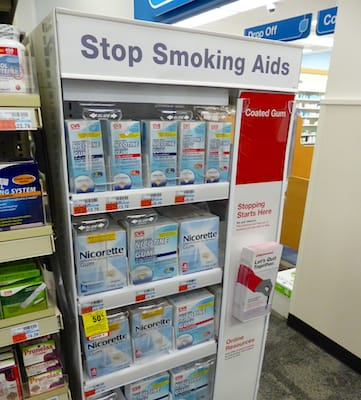
CVS Health has stepped up efforts to promote smoking cessation in its pharmacies.
CVS also is convening a diverse national group of thought leaders who will advise on trends, initiatives and strategies to help the company’s achieve its goal of making the next generation tobacco-free. Members of the advisory group include Aria Finger, chief executive officer of DoSomething.org; Rosie Henson, senior vice president for prevention and early detection at the American Cancer Society; Barry Hummel of the Quit Doc Foundation; Matthew Myers, president of the Campaign for Tobacco-Free Kids; Harold Paz, chief medical officer for Aetna; Steve Schroeder, director of the Smoking Cessation Leadership Center at the University of California San Francisco; and Aaron Zeiler, the 2015 Frank Karel Fellow in public interest communications.
In addition, Be The First will take its message to social media. The #BeTheFirst social campaign will include shareable videos, graphics and digital tools that allow youth to express their commitment to “be the first” generation to lead tobacco-free lives and counter social media messaging and imagery that promotes youth tobacco use.
“Tobacco use, especially among our youth, is one of the most pressing public health issues that we face today,” stated Eileen Howard Boone, senior vice president of corporate social responsibility and philanthropy at CVS Health and president of the CVS Health Foundation. “We’re pleased to bring additional resources and capabilities to the public health community and work collaboratively with our expert partners to help those who smoke to quit and to ensure that those who don’t smoke never start.”
According to the Centers for Disease Control and Prevention (CDC), more than 3,800 children smoke their first cigarette each day and over 2,100 youth and young adults who have experimented with cigarettes become daily smokers. Also, 40.6% of U.S. children between ages 3 and 11 and 33.8% of kids 12 to 19 are exposed to cigarette smoke regularly at home or in public places.
And if the rate in youth smoking and youth tobacco use declines, 5.6 million children alive today who ultimately will die early from smoking could live to a normal life expectancy, according to the U.S. Surgeon General.
“Both the public health community and private sectors must work together if we are to advance a national strategy to end the tobacco epidemic, especially among our children,” Myers of the Campaign for Tobacco-Free Kids commented. “We applaud CVS Health for continuing to demonstrate its leadership and commitment to helping people lead tobacco-free lives with this significant investment in the health and well-being of the next generation of Americans.”
Last September, a year after dropping tobacco products from its stores, CVS released research showing a reduction in cigarette purchases over that time frame. Examining cigarette pack purchases at drug, food, big-box, dollar, convenience and gas station retailers in the eight months after CVS halted tobacco sales, the study found an additional 1% reduction in cigarette pack sales in states where CVS Pharmacy had a 15% or greater share of the retail pharmacy market, compared with states with no CVS stores. Also in that time period, the average smoker in those states bought five fewer cigarette packs and, overall, about 95 million fewer packs were sold.
In February 2014, when CVS announced its plan to end tobacco sales, the company estimated that it lose about $2 billion annually in sales from tobacco shoppers.

